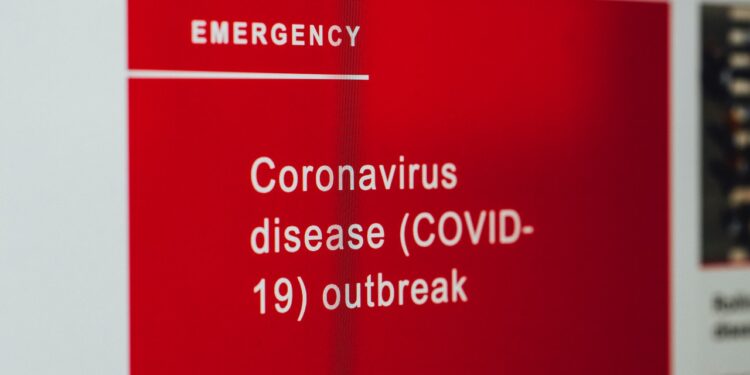This year’s flu season is going to be “a whopper,” according to former Food and Drug Administration Commissioner and Pfizer board member Dr. Scott Gottlieb.
But it’s not 2021, or any single year health crisis, which is going to rattle the economy in our post-pandemic future. According to Gottlieb, it is the twin challenge of an annual peak flu season and the beginning of a perennial peak Covid season which together will impose a considerable cost on workers and the economy.
In a recent interview with CNBC, Gottlieb said that while the pandemic phase of Covid-19 is drawing to an end, the endemic phase is just around the corner. Put simply, Covid is here to stay.
Much like the flu season, an annual Covid season should be expected, and businesses need to prepare for that, he said.
The regular flu season already hits businesses hard. According to employment firm Challenger, Gray & Christmas, the 2019-2020 flu season alone cost employers $13 billion, but the cost in lost output has ben as high as $21 billion in recent years.
“The total hit on public health and also productivity is going to be too great for us to sustain and just be ‘business as usual,’” Gottlieb told CNBC. Taking into account the tens of billions of dollars in direct and indirect costs that the flu costs the economy annually, he said that adding Covid on top of this, “will just be too much to bear, in my view.”
Right now, the U.S. is transitioning from the pandemic phase to the endemic phase of the virus. It is not yet clear the precise timing of that change. “It is going to be messy and it is going to be unclear,” he said. “We will know when we look back a few year from now.”
As this year’s flu season begins, here are a few of the ideas the former FDA commissioner highlighted that businesses need to start thinking about to create a permanent work environment that is safer for employees and better for the economy.
De-densification of offices should be permanent, but can be seasonal
Many changes will need to be made to the physical office environment. Upgrading an office to hospital-grade air filtration, for example, is something that will create a safer environment for workers, as will increasing access to outdoor space and monitoring air quality. But there are other solutions available as well.
Meanwhile, many employees want a hybrid work option and allowing workers the flexibility of working from home could help de-densify space in the office. Amid the so-called “Great Resignation,” businesses have been forced to offer hybrid options and more flexible work schedules to attract workers. Now, that offering may be in the best interest of public health as well.
Zoom into meetings, from inside the office
Businesses have been conducting remote meetings for 18 months now, but even as workers return to the office the Zoom camera may also be here to stay. Gottlieb said one way employers could keep workers safe is by encouraging Zooming into meetings “even within the office so you are not crowding people into conference rooms.”
“Those are the kinds of things we need to think about doing if we are serious about trying to avoid unnecessary interactions that can be conducive to spread,” Gottlieb said.
Alternative transportation ideas
For employees commuting by public transit, flexible work hours could be beneficial. Asking workers to commute to the office during off-peak hours, instead of peak hours, will reduce crowding on subways, buses and trains during those high-traffic hours.
“Trying to find alternative transportation so everyone isn’t crowding on public transportation” is another way businesses can keep workers safe, Gottlieb said.
“There are things businesses can do, at least over the period of time when this virus will be circulating, sort of peak Covid season, to try to reduce risk and improve respiratory health, and we need to think about what that construct will look like,” he concluded.












